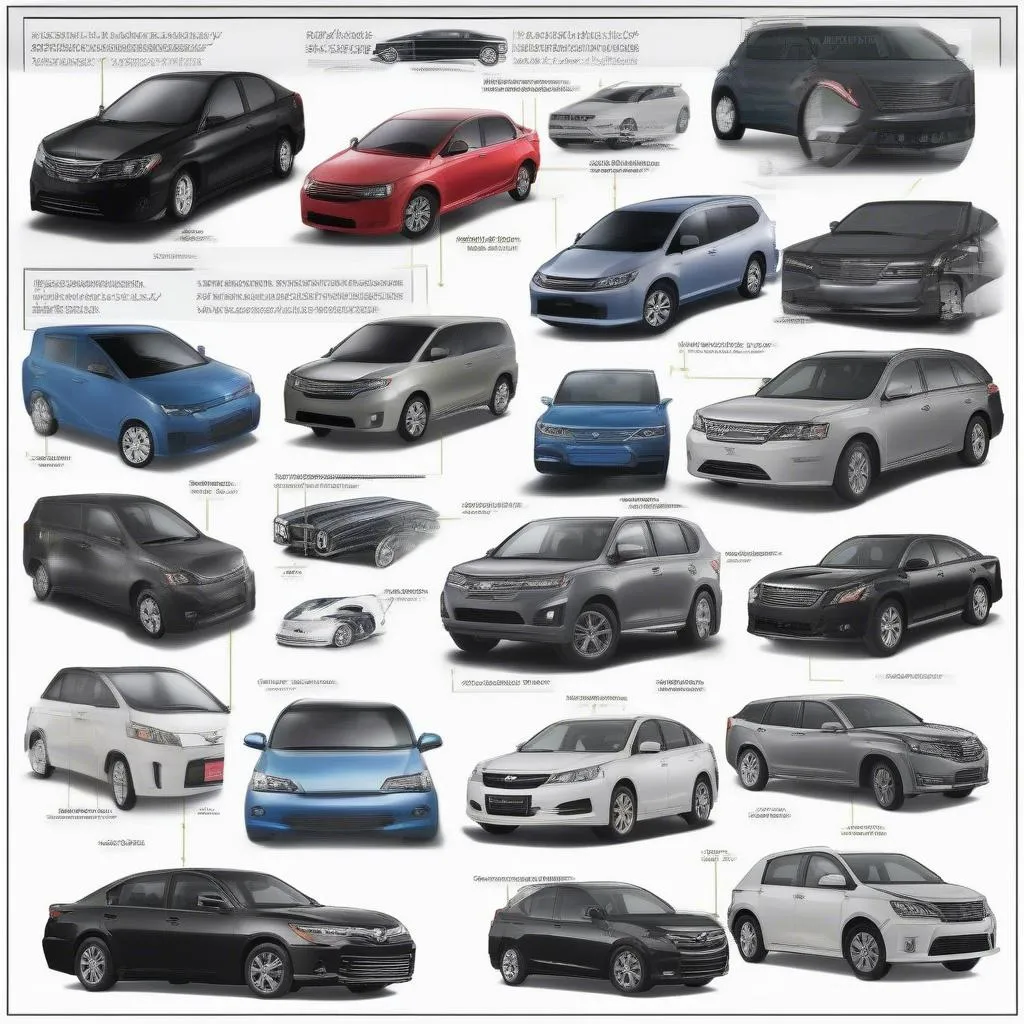You’re in the market for a reliable, fuel-efficient, and affordable car, and Japanese cars immediately come to mind. You’re not alone; Japanese car brands like Toyota, Honda, Nissan, and Mazda are renowned for their quality and longevity. But, what about their electrical systems? Are they as reliable as their mechanical counterparts?
Why Do Japanese Cars Have a Reputation for Great Electrical Systems?
Let’s delve deeper into the world of Japanese cars and their electrical systems.
The Significance of Electrical Systems in Modern Cars
The electrical system is the lifeblood of a modern vehicle, controlling everything from the engine to the infotainment system. It’s essential for the car’s smooth operation and driver safety.
Japanese Cars: A History of Reliability
Japanese car manufacturers have a long history of prioritizing quality and reliability. They are known for meticulous manufacturing processes and stringent quality control, which directly translates to durable electrical components.
Japanese Cars: Technology and Innovation
Japanese car companies are known for their focus on innovation and technology, often incorporating advanced features and systems. While some might consider this an “electrical” vulnerability, it’s actually a testament to their commitment to staying ahead of the curve.
Understanding Japanese Car Electrical Systems: A Deeper Dive
What Makes Them Unique?
Japanese car electrical systems are often characterized by:
- Standardization: Japanese manufacturers tend to use standardized electrical components, making diagnosis and repair relatively easier.
- Modular Design: Their electrical systems are often modular, allowing for easy replacement of individual components without affecting the entire system.
- Simplified Wiring: Japanese car electrical systems are known for their simplified wiring diagrams, making troubleshooting easier for mechanics.
Navigating the World of Japanese Car Electrical Diagnostics
Common Issues:
While Japanese cars are generally known for their reliable electrical systems, common issues can arise. These can include:
- Sensor Problems: Faulty sensors can affect various systems, such as engine performance, transmission, and air conditioning.
- Wiring Issues: Wiring can become frayed, damaged, or corroded, leading to electrical malfunctions.
- ECU Problems: The Engine Control Unit (ECU), the car’s “brain,” can malfunction due to software issues or faulty components.
Finding Solutions:
When dealing with electrical issues in a Japanese car, it’s crucial to diagnose the problem accurately.
- Dealer Scanner for European Cars: While the name might sound misleading, these scanners can be incredibly valuable for Japanese car diagnostics too. They can access and interpret data from various vehicle systems, including electrical components.
- Dedicated Scanners for Japanese Cars: There are also dedicated scanners specifically designed for Japanese cars, offering advanced diagnostic capabilities.
A Case Study: The Toyota Camry
Let’s consider a common scenario: a Toyota Camry experiencing intermittent engine stalling. This issue could be attributed to a faulty sensor, such as the crankshaft position sensor or the throttle position sensor. A diagnostic tool would be used to access the sensor data and confirm if it’s functioning correctly.
FAQs:
Q: What is the best scan tool for Japanese cars?
A: Several excellent scan tools are available. Some popular options include:
 Best Scan Tool For Japanese Cars
Best Scan Tool For Japanese Cars- Autel MaxiScan: This is a widely popular and versatile tool with a user-friendly interface and broad compatibility.
- Launch X431: Another excellent choice, Launch X431 offers advanced diagnostic capabilities and a comprehensive coverage of vehicle models.
Q: How do I find a reliable mechanic for Japanese car electrical repairs?
A:
- Seek Recommendations: Ask friends, family, or fellow car enthusiasts for recommendations.
- Online Reviews: Check online review platforms for mechanics specializing in Japanese car electrical repairs.
Q: Are there any specific resources for learning about Japanese car electrical systems?
A:
- Online Forums: Online forums dedicated to Japanese car enthusiasts are excellent resources for information and troubleshooting tips.
- Manufacturer Manuals: The owner’s manual is a goldmine of information about your car’s electrical system.
- Technical Websites: Websites like AllData and Mitchell 1 provide detailed technical information about Japanese cars.
Connecting With the Diag XCar Team
If you’re looking for expert guidance on Japanese car electrical systems, the Diag XCar team is here to help. Our team of experienced mechanics specializes in diagnostics and repairs, and we’re happy to answer any questions you might have. Contact us via WhatsApp: +84767531508
Conclusion
Japanese cars have earned their reputation for reliable electrical systems, but even the best machines can experience occasional issues. Understanding the basics of their electrical systems, using the right diagnostic tools, and seeking expert help when needed will ensure your Japanese car continues to perform at its best.
Remember, knowing is half the battle. Let’s keep the engines running smoothly!


